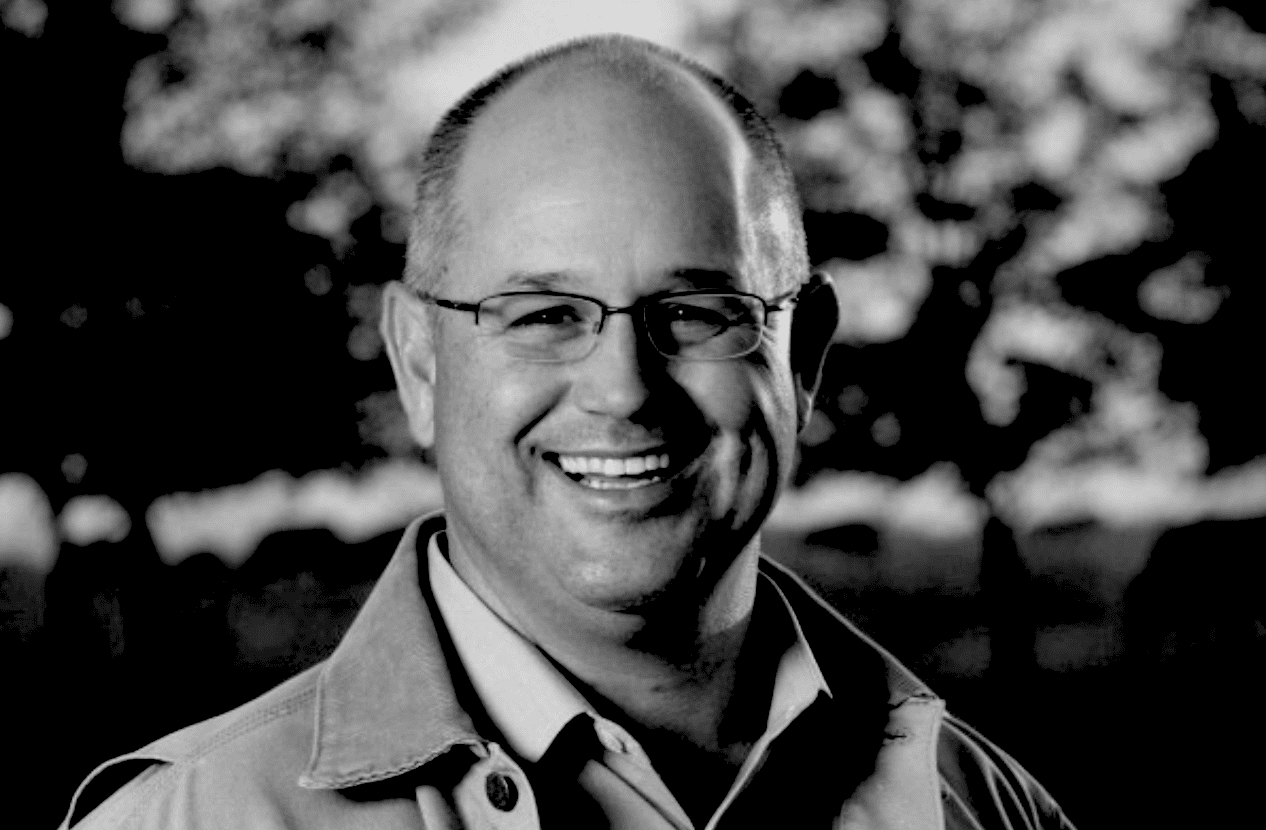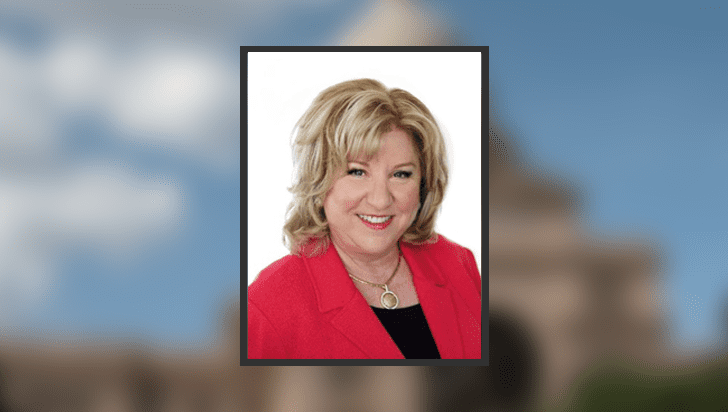As omnibus election integrity bills move through the Texas legislative process, both current and former elected officials have begun using the opportunity to opine on the topic.
Generally speaking, it has turned into a largely partisan enterprise. When the omnibus Senate bill passed out of the state Senate, it did so on a purely partisan basis, with a vote of 18 in favor (Republicans) and 13 opposed (Democrats).
A similar omnibus bill was filed in the House of Representatives and was heard in the House Elections Committee last week in a marathon public hearing spanning 17 hours, but the bill was left pending to likely be voted out sometime this week.
A Republican State Representative Expresses Concerns Without Specifics
In an interview with KBTX, State Rep. Kyle Kacal (R–College Station) took the opportunity to share his thoughts on the bills, which seemingly ran contrary to the majority of his Republican colleagues.
“The impact on Texas business should weigh into the decision. What we owe the people of Texas is honest and good integrity on our voting and our elections. Now, it passed through the Senate. It had a rougher path through the House, if you have been following the committee hearing,” said Kacal. “But, we owe everybody the opportunity to vote, and we owe them an honest election system.”
He stopped short of giving any specifics of particular issues he had with the bill itself, however.
When asked whether he would support the bill as written, he stated, “As written, I think it still has a few problems, but I think we are getting closer to a bill that I think the entire House can come to vote for. But obviously, that is going to look completely different than the Senate version.”
The House of Representatives is composed of 83 Republicans and 67 Democrats.
Kacal’s responses seemed to parrot comments made by State Rep. Lyle Larson (R–San Antonio), who expressed his concerns via Twitter a few days earlier when the House version of the bill was being deliberated in committee:
“Good ideas will attract more voters than suppression will deny. The short term benefit for sitting members will put the party into the wilderness for a long time. 42% of voters in Texas consider themselves independent. Security and suppression are different.”
Former Republican Speaker of the House Joe Straus also expressed similar concerns in a tweet, saying, “Major Texas employees are stepping up and speaking out against voter suppression, and for good reason. Texas should not go down the same path as Georgia. It’s bad for business and, more importantly, it’s bad for our citizens.”
Notably, Houston Mayor and former Democrat State Rep. Sylvester Turner replied to Straus’ tweet: “Thanks Joe. Voter suppression is never good business and I hope more businesses will speak out against these bills in the Texas Legislature.”
Major Corporations Weigh in With Concerns
With the passage of the Senate version of the bill, and while the House version of the bill was being heard in the Elections Committee, major corporations began issuing public statements in opposition to the approach.
In context, some corporations had attacked similar efforts by the Georgia Legislature to address election integrity issues.
These concerns seem to be the justification that Kacal and other loyalists to the Straus regime are using to detract from the rest of their caucus.
A Statewide Focus
Election integrity was named one of the emergency legislative priorities of Gov. Greg Abbott in early February. He has expressed support for the omnibus efforts to address the issue.
Election integrity also happens to be the No. 1 legislative priority of the Republican Party of Texas.
Both Speaker Dade Phelan and Lt. Gov. Dan Patrick prioritized the bills by assigning them low-bill numbers.
Though the House version of the bill is different than the Senate’s, it is unclear as to which one will pass through the entirety of the legislative process. Several other bills have also been filed that specifically address individual issues also included in the larger omnibus bills.
There are 55 days left in the 87th Legislative Session. As the end draws closer, expect these issues to continue to be deliberated. It is unclear whether it will remain a purely partisan enterprise or whether intra-party factions will develop as a result.





